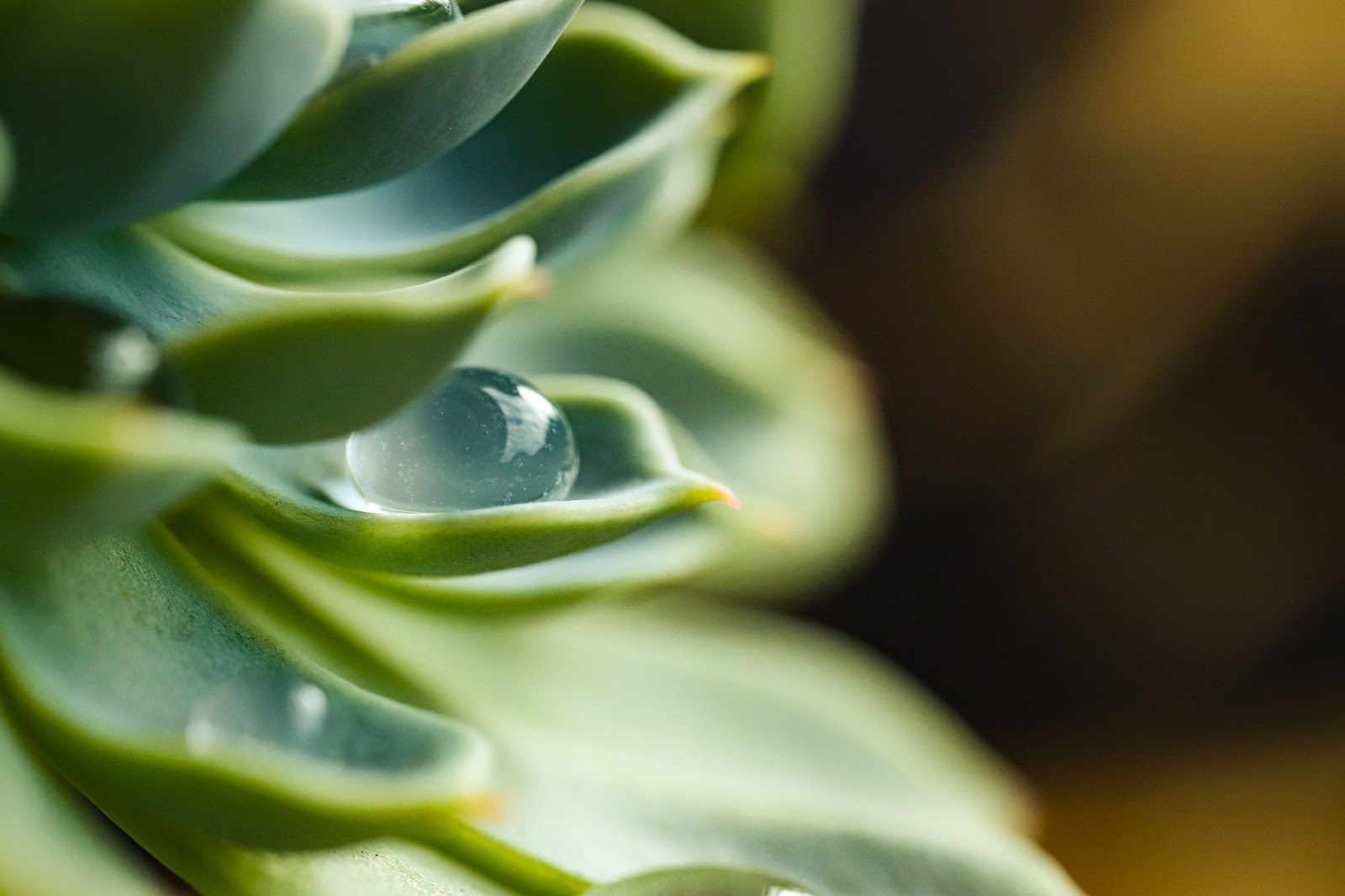If you have a jade plant in your home, you may be wondering if it’s poisonous to dogs. Unfortunately, the answer is yes. Jade plants contain toxins that can cause vomiting, diarrhea, andeven death in dogs. Here are the symptoms of jade plant poisoning in dogs, so you can be on the lookout for them.
What is a Jade Plant?
The jade plant (Crassula ovata) is also known as the money plant, lucky plant, or friendship tree. It’s an evergreen succulent with thick, glossy, green leaves. The jade plant is native to South Africa and Mozambique, and it has been introduced to other parts of the world, including the United States.
What Are The Symptoms Of Jade Plant Poisoning In Dogs?
The most common symptoms of jade plant poisoning in dogs include: gastrointestinal upset (vomiting, diarrhoea, abdominal pain), lethargy, weakness, drooling, mouth pain and ulcers, bloody urine, dark coloured urine, increase in thirst and urination. If your dog ingests a large amount of jade plant material, they may also suffer from kidney damage.
How Does Jade Plant Poisoning Occur?
Jade plant poisoning in dogs occurs when dogs ingest any part of the plant. All parts of the jade plant (Crassula ovata) are considered poisonous, including the leaves, stems and berries. Ingesting small amounts of the plant may cause mild gastrointestinal upset, while larger ingestions can lead to more serious symptoms, such as kidney failure.

How Is Jade Plant Poisoning Diagnosed?
If you think your dog has eaten a jade plant, the first thing you should do is call your veterinarian or the ASPCA Animal Poison Control Center at (888) 426-4435. Your veterinarian will ask you questions about your dog’s symptoms and medical history. He or she will also want to know when your dog ate the jade plant and how much he or she ate. This information will help your veterinarian determine if your dog has jade plant poisoning and how serious it is.
Your veterinarian may also want to do a physical examination of your dog. This will help him or her rule out other possible causes of your dog’s symptoms.
If your veterinarian suspects that your dog has jade plant poisoning, he or she may recommend some or all of the following diagnostic tests:
-A complete blood count (CBC) to assess for anemia or other abnormalities
-A chemical blood profile to evaluate organ function
-A urinalysis to check for evidence of dehydration or kidney damage
-An electrolyte panel to evaluate for dehydration and electrolyte abnormalities
-X-rays of the chest and abdomen to check for evidence of gastrointestinal irritation or obstruction
-An electrocardiogram (ECG) to check for heart abnormalities
These tests will help your veterinarian determine how severe your dog’s jade plant poisoning is and if he or she is suffering from any other medical conditions.

How Is Jade Plant Poisoning Treated?
The symptoms of jade plant poisoning in dogs are treated by decontamination, which may include giving your dog a bath if he has been exposed to the plant within the last two hours. Your dog will also be given charcoal to bind the toxins in his system and prevent them from being absorbed. If your dog is vomiting, he will be givenIV fluids to prevent dehydration. Anticipatory guidance regarding possible signs of problems after discharge should be discussed.
Is a Jade Plant Poisonous To Dogs
The best way to prevent jade plant poisoning is to keep your dog away from the plant. If you have a jade plant in your home, make sure it is out of your dog’s reach. If you suspect your dog has eaten a jade plant, contact your veterinarian immediately.
